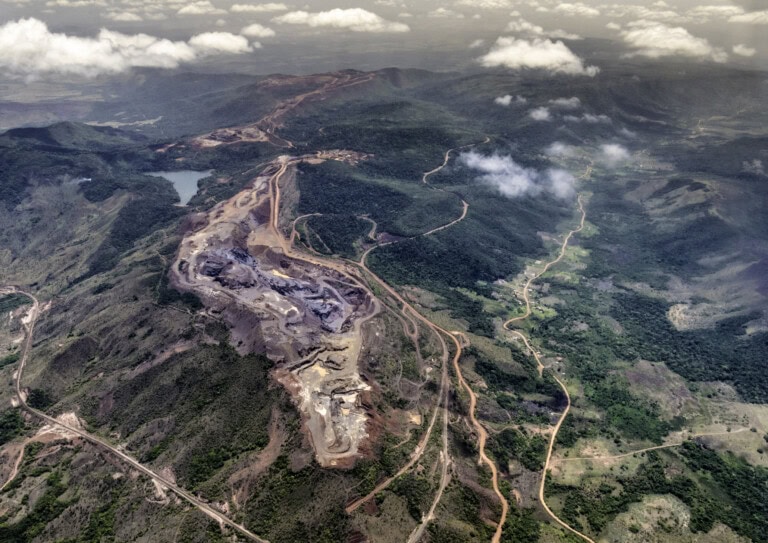Coronavirus Response: Building on the certainty of risk to secure a low carbon future

Much has been written in recent weeks about the relationship between the Covid-19 pandemic and climate change. Commentators have highlighted that both are nature-based crises, exacerbated by human behaviour, with catastrophic tipping points we cannot predict. They pose unprecedented threats to public health, safety, security, and supply chains – and require international collaboration and widespread behaviour change from citizens if we are to overcome them. Yet their devastating impacts will be felt on different timescales, by different generations, and with widely divergent knock-on consequences to society as we know it.
Whatever one’s view of the inflexions between these two crises, two stark certainties appear to apply to both. Firstly, the cost of remedy for both these crises far outstrips the cost of pre-planned mitigation; and secondly, governments, businesses and citizens alike are woefully underprepared for the scale and magnitude of risk they represent.
A small number of high-polluting industries are already using this pandemic as a lobbying opportunity for relaxing environmental targets and policies. But many businesses are likely to take this moment to think more profoundly about the future. They will re-evaluate the resilience of their business models and value chains, and their fundamental reliance on both natural and social capital as well as digital infrastructure. Indeed, at a time of national crisis, both state and industry have an even greater responsibility to protect, support and create value for their stakeholders.
At the UK Green Building Council (UKGBC), we’ve been hugely encouraged by the number of built environment businesses that have contacted us to reiterate their commitment to sustainability and climate change in recent weeks. The rapid mobilisation of these property and construction businesses to provide tactical support in overcoming the pandemic is heart-warming. Carparks turned over for healthcare workers, premises turned into makeshift accommodation for key workers, designers and suppliers manufacturing personal protection equipment. We’ve also seen invaluable financial support such as landlords offering rent holidays to their tenants, and developers offering long-term contract commitments to construction firms, the list goes on.
In this socially distanced yet hyper-connected virtual new reality, there is a palpable sense that bricks and mortar come and go, but relationships, partnerships and networks are where the value lies. Those businesses adopting proactive measures to protect, support and value their staff, customers, suppliers and communities and protect the natural environment through this pandemic may find themselves in a better position to convince their investors of their long-term prospects once it is over.
Many business leaders recognise the immediate and unique opportunity to structure our economic recovery around clean growth and net zero carbon priorities. The sheer scale of state intervention to help economies to recover from Covid-19 provides a once in a lifetime opportunity to stimulate low carbon industries, incentivise rapid decarbonisation trajectories across all sectors and invest in reskilling workers to achieve a just transition. None of this will happen of its own accord. Governments face important choices here and now – and business leaders must make their voices heard in asking for a vital stimulus to the green economy.
This is our chance to rebuild with much greater focus on resilience: placing human health, wellbeing, sustainability, and nature much higher up our priority list. My hope is that we seize this opportunity and are able to look back on 2020 as the year the world pivoted towards building a future that both people and planet can thrive in.
This blog originally appeared on ‘Business Green’ here.
Related
Navigating the challenges around hard-to-recycle materials

What are the environmental impacts of construction materials? An introduction to Embodied Ecological Impacts

Why is social value so crucial when developing and managing commercial real estate?

Biodiversity Net Gain: Are you ready for the incoming legislation?

